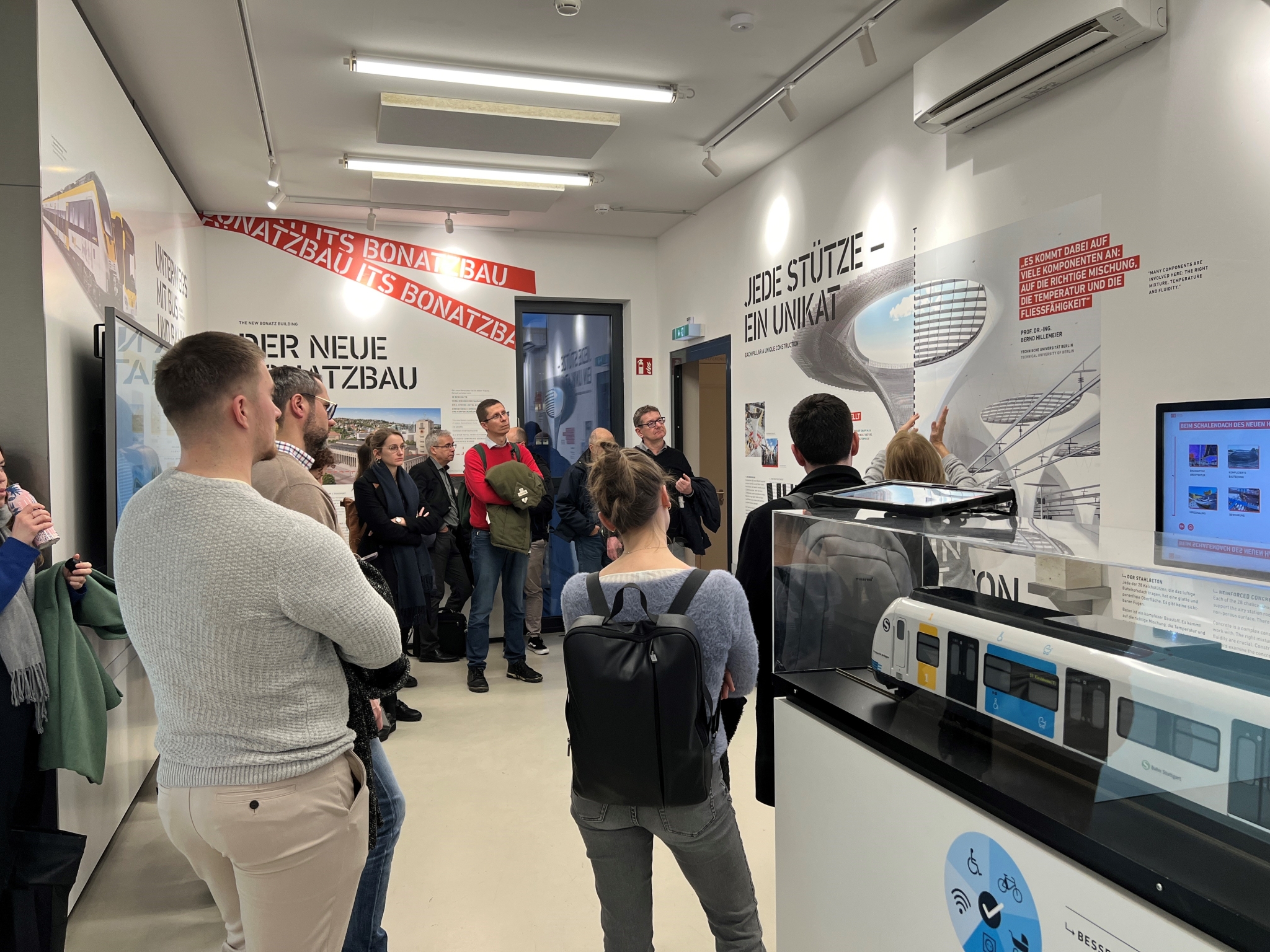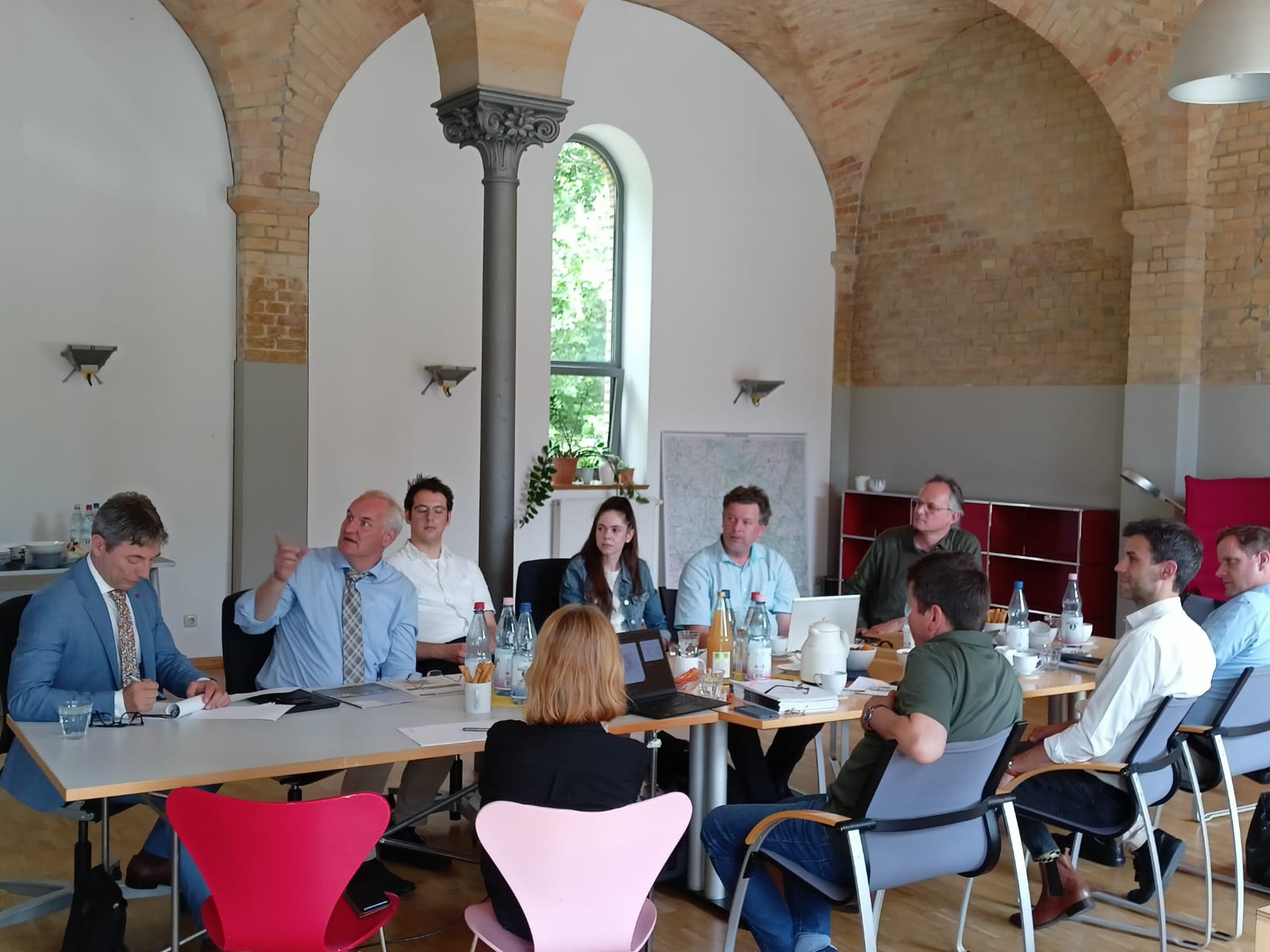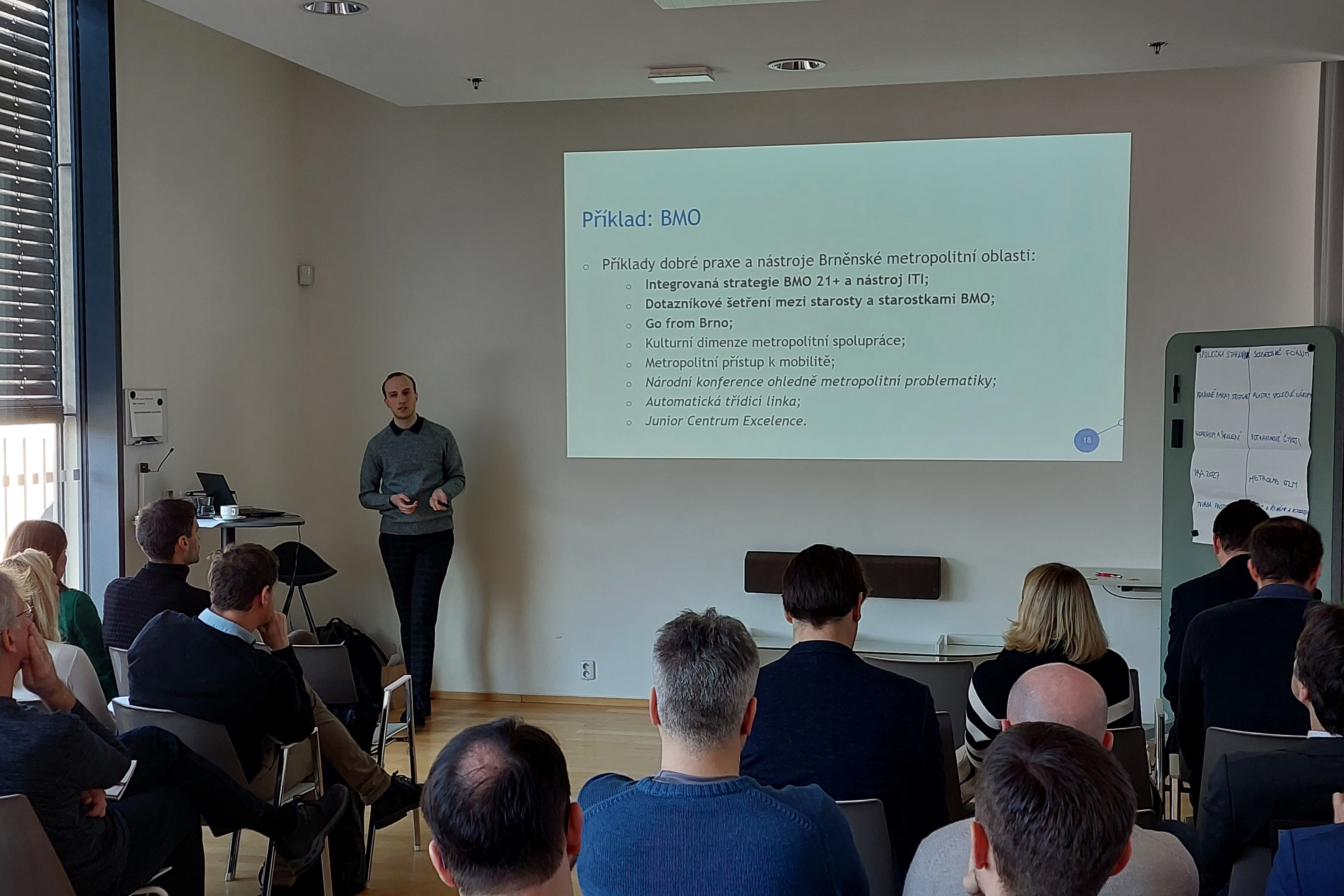In the past year, together with our partners, we have achieved significant milestones in the MECOG-CE project. The achievements contribute to strengthening metropolitan cooperation and governance in Central Europe. In this article we summarise the most important outcomes of the past year.
The first months of the year were devoted mainly to the completion of the analytical phase of the project, during which the partners defined the Common Metropolitan Vision or analysed 76 best practices that came not only from the partner metropolitan areas, but also from those that are not part of the project. You can see all the outputs of the analysis phase here.
On the basis of the analytical phase, we selected eight best practices that were most interesting and beneficial for the partners. These were then explored in detail within the clusters which provided suitable learning opportunities for partners. The clusters focused on the following tools:


By examining the tools in detail, we were then able to suggest how to apply these tools in the metropolitan areas involved in the project. Each partner focused on one tool and tested how it could be used in their area. This testing, referred to in the project as a pilot action, represented a significant part of the year, as it ran from June to November. In total, there were five pilot actions, which were:
The results of this phase of the project play a key role. The metropolitan areas have been able to test the application of the approaches in their territories and thus strengthen metropolitan cooperation and governance. This year, we will focus on new and innovative solutions that will further enhance mentioned best practices and make them transferable across Central Europe. We will also work on the Strategy for strengthening metropolitan cooperation and governance and the follow-up Action plan for the Brno Metropolitan Area. In 2025 we are looking forward to another intensive period full of interesting results and inspiring project activities.
You can follow the latest news about the project on our website, where we publish, for example, the outcomes of the meetings. Last year they were held in Stuttgart and Ostrava. You can also follow the project on its official website or LinkedIn profile.


The project is co-funded by the European Union funds, specifically the European Regional Development Fund, through the Interreg CENTRAL EUROPE transnational and interregional cooperation programme. More information about this project including publicity can be found here.
Register your e-mail address to receive regular updates from the Brno Metropolitan Area.